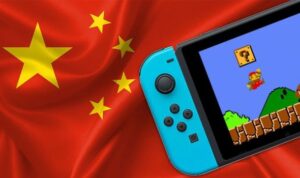
What’s behind China’s video game restrictions?
Note: This article was first published in 2021.
- China placed strict limits on the time young people may spend playing online games.
- The move is part of a broader effort to enforce social guidelines.
- But cracking down on video game play is not unique to China.
Things were looking bad for young Chinese gamers by early August.
A state-run newspaper had just equated online gaming with “opium,” likely striking a chord in the psyche of a country targeted by Western powers during the 19th century “Opium Wars” (remnants of that era of “national shame” are carefully preserved for tourists and schoolchildren).
Shares of the country’s biggest game company crumpled in response to the harsh rhetoric, and by last week new rules had been issued that sharply limit the time children may spend on a wildly popular diversion.
Online gaming in the country is now only available to people younger than 18 from 8 p.m. to 9 p.m. on Fridays, Saturdays, Sundays and public holidays. The decree is supported by an “anti-addiction” registry.
“I think this is the right policy,” one parent told a New York Times reporter. “It amounts to the state taking care of our kids for us.”
The new video game controls are just one element in a broader range of government policies on youth behavior. Other aspects include crackdowns on “effeminate” male images in pop culture, and on entertainers with “incorrect political positions,” according to reports in Western media. In October, China passed a law with the aim to reduce the “twin pressures” of homework and off-site tutoring and allow more time for rest and exercise.